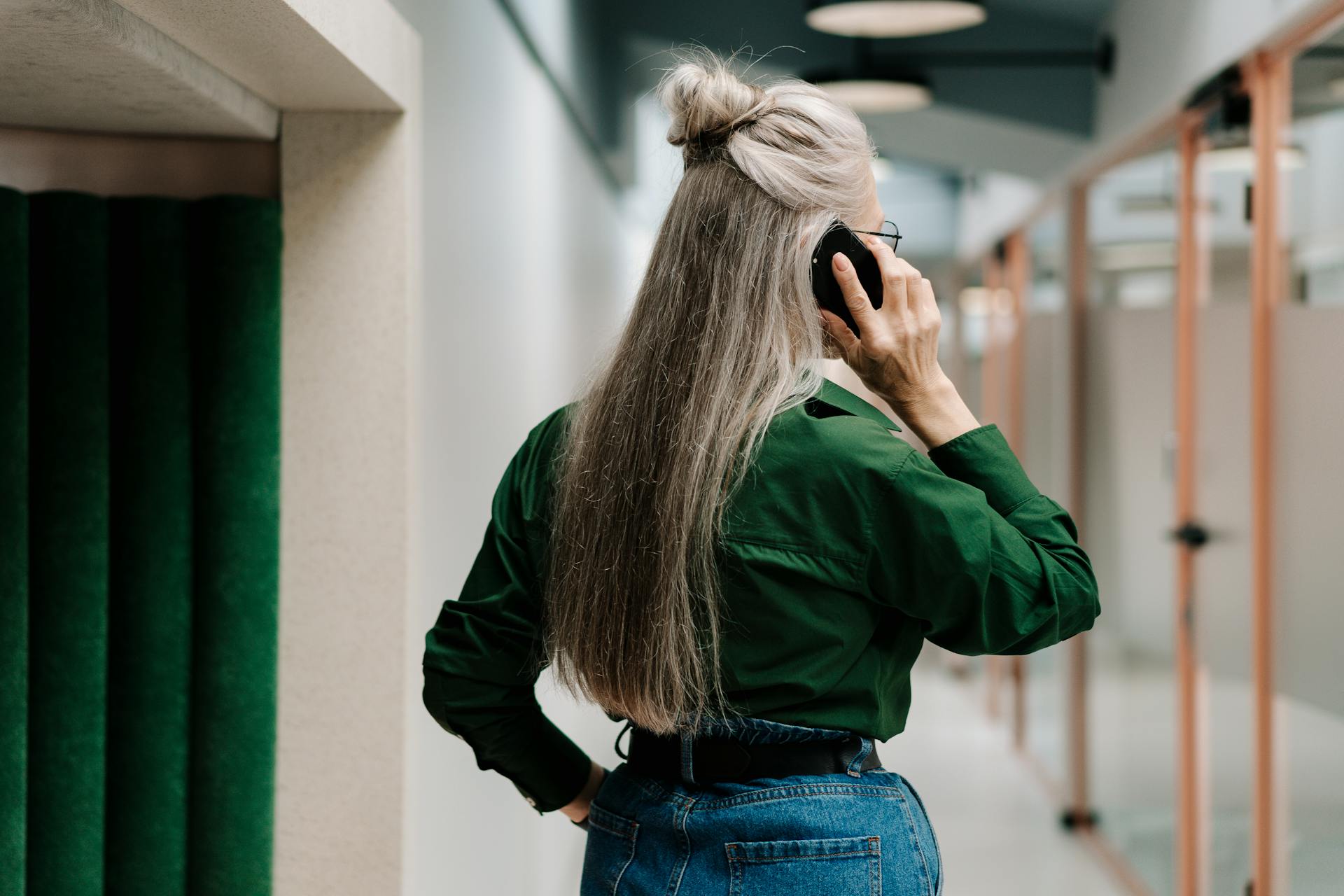Why do we have so many prejudices about old age?

About old age and people over 65, as we know, there are many prejudices. Prejudices are, as we suspect, a prior opinion - a judgment prior to in-depth knowledge of reality - usually unfavourable. In a very synthetic way, we could say that all prejudice is a generally negative attitude towards certain people caused by the fact that they belong to certain social categories and that it is not based on their individual characteristics or actions.
In other words, we judge the person on the basis of the idea of the group to which we believe they belong. The moment we do that, we deprive the person of being valued for himself. In other words, the prejudices we have towards other people are the consequence of a stereotyped perception of reality in which we do not value the characteristics of the individual (Juan, my fifth neighbor) but those of the group (that old man of the fifth) and of course, of those that we believe the group presents. It would arise from a process of differentiation in which we differentiate ourselves from the other groups (the young versus the old, for example), which we also characterize in a certain way. In this process we automatically assume that everyone in that group will present those characteristics. Even if it is not necessarily true, even if we do not know for sure, we tend to assume that individuals in that group present a set of characteristics simply because they are part of a group. If the old ones are grumpy and John is old, John is automatically a grumbler. We have said that prejudices would be the logical consequence of a stereotyped perception, so we should delve into what a stereotype is and how it differs from prejudice.
By stereotype we mean the set of social beliefs that are associated with a group category, that provoke prejudices and justify them. In other words, they are closely related. Stereotypes justify (psychologically, individually) our prejudices. They are based on a process of perception (that is, of how we receive stimuli from the outside) and of the representation we make of other people and the reality that surrounds us. It is important to remember that our perception is subjective and not without errors. In perception, according to which we only perceive a small part of the reality that surrounds us, other processes also intervene such as projection (when we attribute our own characteristics to another person) or inference (when we draw conclusions from a fact that perhaps has no greater transcendence). It helps us to simplify reality, to make it more comprehensible in the midst of as much information as we receive, even if it is inaccurate and leads us to erroneous conclusions. Once again - poor John, who we do not leave alone - we will pay more attention to the day that John is angry -although justified- to evaluate his character. Or we will assume that the absence of a smile, for example, is an indication of his bad mood.
Stereotypes and prejudices work quite rigidly and give continuity not only to certain power relations in society, but also to the ways in which we relate in society. They affect our social participation, our way of interacting with other people. It limits us. Stereotypes and prejudices affect others, but also us. For example, it will deprive us of meeting Juan, who happens to be a great guy and champion in the game of mahjong.
Sometimes these stereotypes contribute to the creation of antagonisms that are assumed as real, as when youth and old age are posed as natural enemies, in constant competition. In this approach it would be assumed that everything that characterizes old age is negative and must be avoided (or hidden) while youth would be a good to maintain. Taking it to an easy to understand extreme, this approach would explain the importance of certain aesthetic surgeries even at health risk. But also to other issues that deny the participation of old age in society. Beyond examples or extreme consequences, this simplification of reality would lead us to assume that certain changing categories (such as age) have effects on the very individuals who experience them.
According to this vision, we would change as our category changes. What I am looking for here is to reflect on the nonsense of these stereotypes and prejudices that apply to the group. Some categories do not change, or they do so with difficulty, but it is precisely age that, hopefully, changes. If we analyse stereotypes (not even in their negative sense, but as beliefs we assume about others based on their belonging to a group) in relation to ourselves, we will see the meaninglessness they imply. Imagine: if we assume that all older ladies are good cooks, will my meatball stew be as good as my grandmother's when I turn 65? Well, I should be assuming probably not (here I have to say that my grandmother Pepa was a great cook. The best rice pudding in the world). While when we apply these beliefs to ourselves we see the absurd, why does applying them to others seem logical? The answer would lead us to think about the bias with which we interpret the reality that surrounds us, and that makes it so difficult for us to put an end to the illogicality of prejudices. The problem with ending stereotypes and prejudices is that they make us tend to focus only on those actions that are consistent with our previous idea, while we pay less attention (or none) to those information that do not give validity to our stereotype, that do not validate it.
More or less consciously, we come to dismiss it. And so we forget the smile of Juan, the neighbor of the fifth (hopefully this building has an elevator, by the way). We even use explanations such as "but that's the exception that confirms the rule". Or we say barbarities, sometimes unintentionally, such as "those in your group are like that, but you're not, you're different". We tend to reinforce differentiation and to look at those cases that reinforce our previous ideas. It happens to all of us and it happens to us all the time. The important thing is to be aware that this happens in order to understand it and to stop it.


